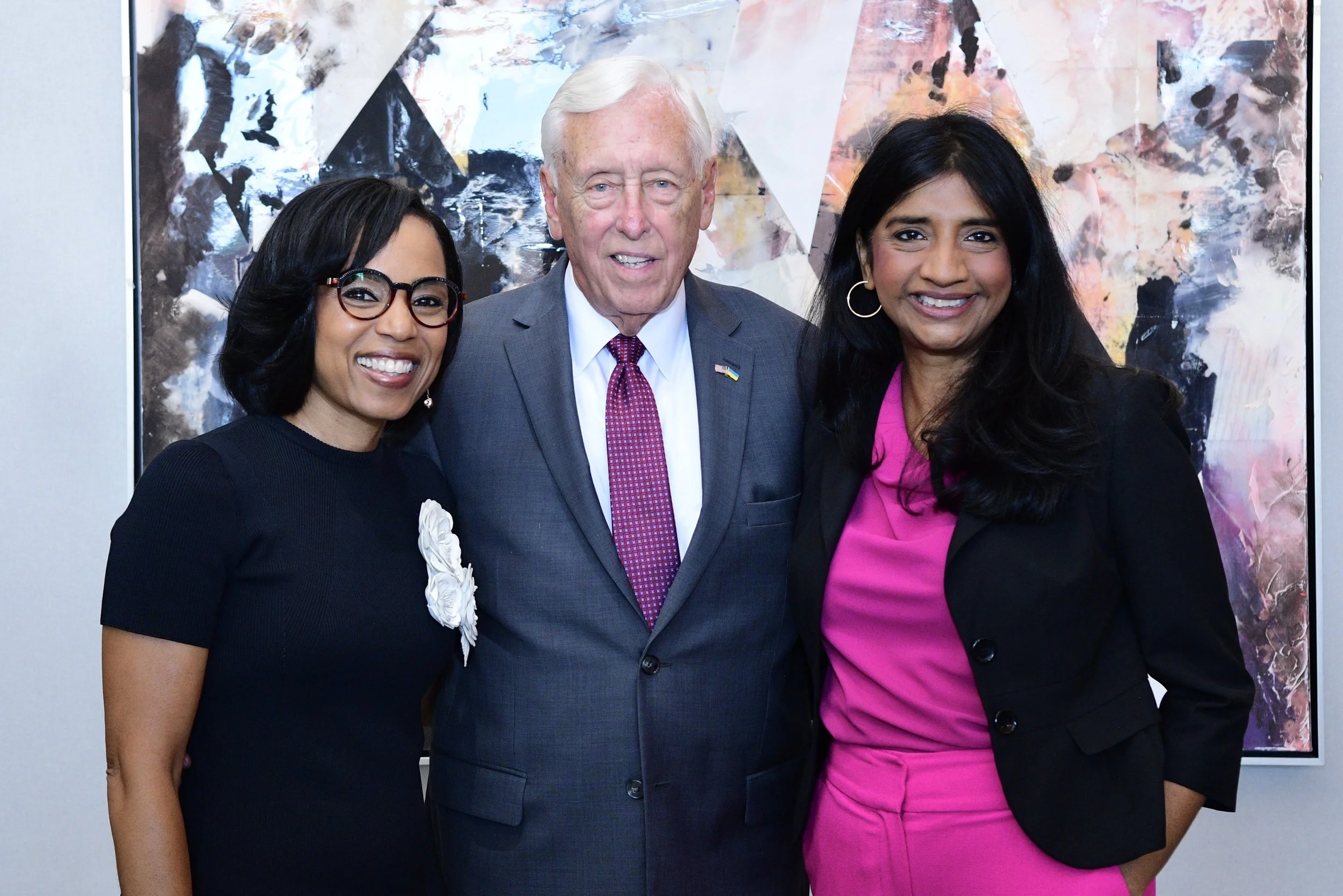Is The Past Reflected In The Window That Should Be Showing Us The Future?












News Analysis: A Look At The 60th Anniversary of The March On Washington
By Lindiwe Vilakazi and Raoul Dennis
PHOTOGRAPHY BY ROBERT R. ROBERTS // For More Photos Click Here.
State to state, Americans are seemingly scrambling to find their bearings in murky territory, particularly since the onset of the global health pandemic. The growing gap between economic affluence and adversity, unprecedented legislation, and political upheaval has left quite a palpable sense of uncertainty across the country.
In efforts to celebrate the legacy of Martin Luther King Jr.’s historic inaugural March on Washington held on August 28, 1963, crowds of people gathered at the Lincoln Memorial to reignite the clarion call to settle some of the country’s most unjust, inequitable and dispirited infrastructure plaguing communities and families alike.
“It’s not a commemoration, but a continuation. On this historic day, we stand at the intersection of history and hope, reflecting upon the strides taken in the journey towards equality, while acknowledging the path that still beckons us forward. Let us rekindle the flame of unity and social progress that has been burning since that transformative day six decades ago,” organizers blared from Lincoln Memorial in the 60th anniversary March on Washington’s opening speech.
Over the five-hour program, high-profile speakers touted the dangers of today’s pervasiveness in civil rights abuses, loss of voting rights, women’s reproductive rights, the war on systemic racism, hate crimes, gun violence, and more. The legacy and lineage of Martin Luther King Jr. left powerful words upon the crowd in closing out the program.
“My friends, we will keep climbing. We are here to liberate the soul of the nation. The soul of democracy from those forces who would have us all go backward and parish rather than go forward as sisters and brothers. We will never betray those who marched for us, fought for us, lived for us, and died for us. We are the children and grandchildren of their struggles, and we will be worthy of their sacrifices. This is about freedom, this is about peace, this is about love. This is about our children,” said Arndrea Waters King, wife of Martin Luther King III.
Within this moment, when the issues and voices seeking justice and equality seem to be expanding, attention and consistent action toward those efforts is, arguably, contracting.
While Americans from across the country stood in solidarity and support of the historical event at the memorial sites, just outside and around those sites, many Washingtonians lingered about in their regular exercise routines and recreational activities throughout the downtown mall.
Not everyone, including the slain civil rights leader’s sole granddaughter, Yolanda Renee King, is convinced that the dream has been realized. In fact, she says generations before have failed her generation and that it will be up to them to correct the problems.
“It’s 60 years later…the dream has not been fulfilled,” she said to CNN’s Dana Bash Aug 27. “We are not where we need to be. Now --- to put it basically and plain --- the past generations – our parents’ generations --- have failed us.”
Yolanda Renee King
Some district natives and political enthusiasts like Vinnie Frazier, 66, applauded the event and the King legacy but expressed concern about the turnout and the future of the message. There were 250,000 in attendance in 1963 but far short of that number at the 2023 occasion (the Parks service no longer provide estimates of crowd size).
“There were lots of women in their sorority red (the Deltas) and that was good but I didn’t see enough young people,” Frazier said. “Young people may not see this the same as we see it,” he acknowledged that he was too young to understand the march and King’s work in 1963 but he values the civil rights movement today. Frazier has worked as an aide for several local elected officials including Chavez, Paul Strauss and Sharon Pratt-Kelly.
“Racism seems like it’s always going to be here. But I will have King’s message with me as long as I live. The speeches [at the 2023 march] were heavy but the question is: are enough people hearing that message today?” he says.
Kip Banks, another DC native and political enthusiast, 57, showed concern for the potential lack of awareness among younger Washingtonians at such a critical time in the nation’s history.
“Disappointed with the turnout, underwhelmed, and very concerned,” Banks said. “We have to wake up, it’s a cliche statement but we’ve got to wake up or else we’re going to be in great trouble. Of course, we have been to marches before, but this is an urgent time for us. We see the threats to our democracy, and democracy is already fragile. We're in a whole new stage where they are trying to go back to the playbook, [for example] denying us the right to vote,” said Banks. “So, this march is key, but also it’s about reaching the next generation. Certainly, there were Howard students that were there, but they are the elite. We need to ask the masses what is happening to our youth in D.C. Where are they? Where are the churches to motivate these young people to get them to come to the march and understand that as Black people we are just 60 years away from being treated like slaves?”











